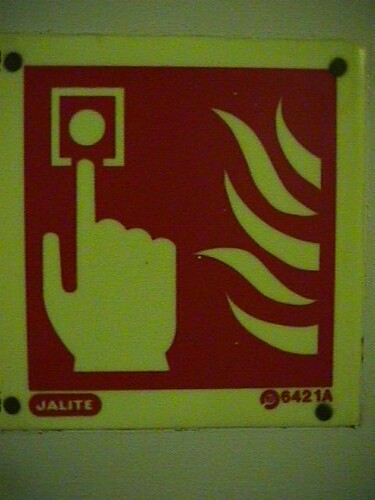Next Online Facilitation Workshop Finally Scheduled
It takes me a while, but I finally got my act together. Here it is.
2007 Dates: The next workshop is set to start May 7th, 2007. NOTE: the format is CHANGING. It will now have three separate elements!
Please email if you need additional details.
Instructor: Nancy White, Full Circle Associates
Tuition: $750 (10% discount for groups of 5 or more or members of 501(C)3 non profit or international NGO organizations.) Payment is required in advance. Checks and wire transfers are accepted. No credit cards at this time, sorry!
There will be two scholarships for qualified NGO participants. Please submit your request before April 20th for consideration. If you want a scholarship, you must commit to active workshop participation all active weeks. That is your "fee!"
Registration:Register here.
Testimonials: from past workshop participants. Online facilitation is an evolving art and expanding opportunity to empower groups to work across time and distance. Online work and interactions require facilitation skills beyond those used in face-to-face meetings. Group dynamics in the virtual environment combined with new communication technologies create unique conditions and opportunities calling for specific techniques and an expansion of our consciousness with mindful facilitation.
Online facilitation is an evolving art and expanding opportunity to empower groups to work across time and distance. Online work and interactions require facilitation skills beyond those used in face-to-face meetings. Group dynamics in the virtual environment combined with new communication technologies create unique conditions and opportunities calling for specific techniques and an expansion of our consciousness with mindful facilitation.
This 4-week INTENSIVE (and I'm not kidding - seriously intensive!) intermediate workshop brings together the basic processes of online facilitation in its first two weeks, and then an exploration of how online facilitation is changing with the introduction of new tools and the proliferation of many forms of online interaction, from groups, to communities, and even to wider, unbounded networks. The workshop will provide you with the initial skills to guide you through planning, process design and facilitation of online group interactions. We will explore concepts through key readings, discuss theory, reflect in personal learning logs, and practice technique. Participants should have some previous offline facilitation experience or understanding of group facilitation theory as well as at least one year of online interaction experience. This is NOT an introductory offering! If you are new to all of this, expect to spend additional time.
In addition, past members of the workshop are invited in as workshop mentors. These wonderful people bring their experiences and wisdom to the "table," greatly enriching the experience. Know that after you take the workshop, you are invited back, free, anytime.
Learning Outcomes - First Section/Basic Online Facilitation - May 7 - 18
Learning Outcomes - Second Section - Facilitating in a Web 2.0 World - June 25 - July 6
People who might benefit from the workshop:
Areas of application
Delivery Format
This is an INTENSIVE online workshop presented in English in a web-conference asynchronous environment allowing participants to engage at their own convenience from home or office. Additionally, we will have scheduled sessions with other synchronous tools such as telephone conference call, weekly chats and utilize instant messaging tools. The first phone call will be May 7th at 16:00 GMT. The chats will initially be on Fridays of all active weeks at 16:00 GMT. These may be moved after the first week to accommodate the participants, depending on the time zones represented.
The class workspace will remain open for 30 days after the workshop for individuals to review materials and a CD of the workshop is also made available for future reference. Please note: some of the diverse platform experiments in the second part of the workshop will not be on the CD. I will do my best to include screen captures, etc.
Workshop Requirements
To get the most out of this intensive workshop, a minimum of 2 hours/day is required depending on your learning style. Some people tell me it is more like 3-4. If you want to cover all the material, schedule the time and set aside away from other daily activities, to ensure focused and uninterrupted attention. The workshop space will be open on the Thursday prior to start of workshop for introductions, access to reading material and space for experimentation with the tools. Formal sessions starts on Monday.
Participants should have a basic experience with and understanding of
The latest browser versions are recommended for this workshop: Netscape Navigator 5.0 / Internet Explorer 5.0 / Firefox 1.0, or higher versions.
Instructor - Nancy White


























